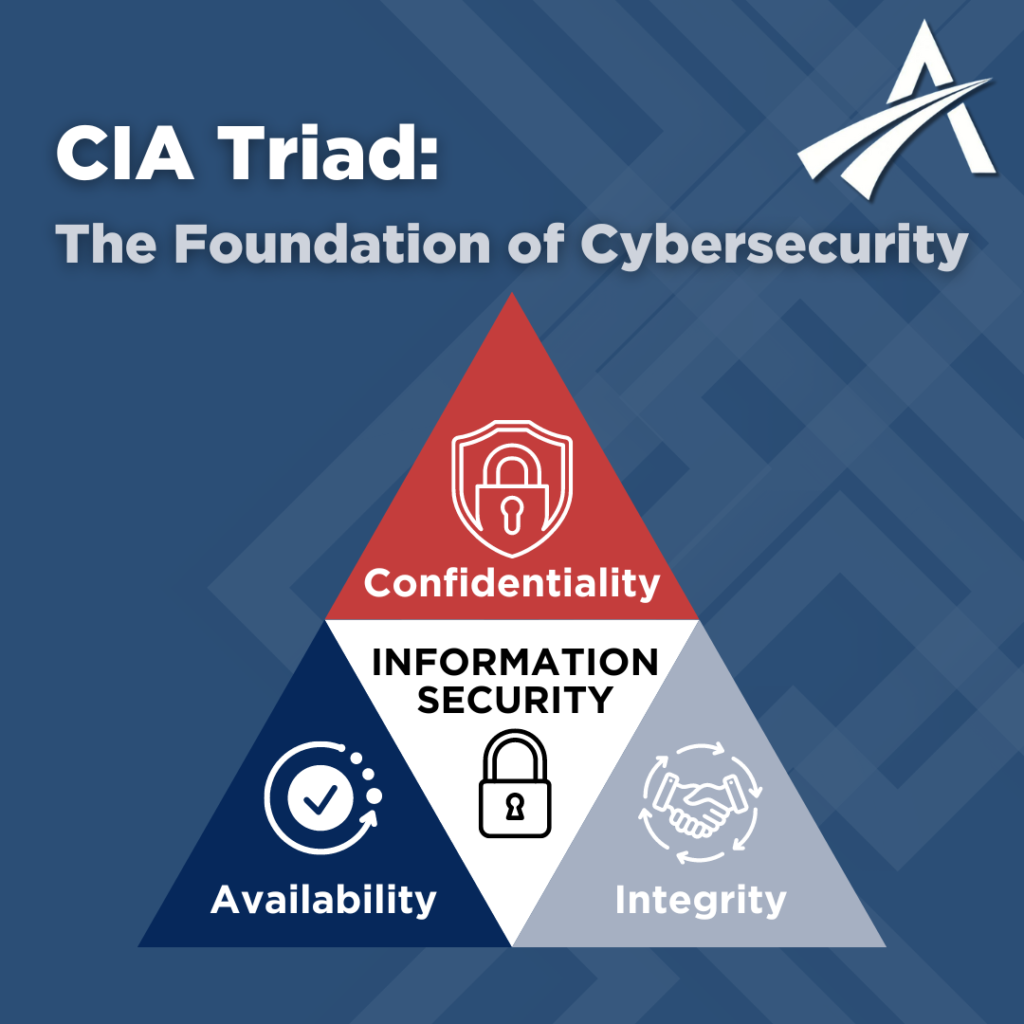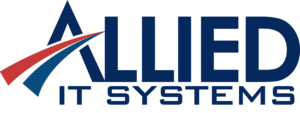The CIA Triad: 3 Key Principles for Strong Cybersecurity
Cybersecurity is crucial for protecting our personal and professional information. One of the foundational concepts in cybersecurity is the CIA Triad. This triad consists of three key principles: Confidentiality, Integrity, and Availability. Understanding these principles helps us appreciate how our data is safeguarded and why these protections are essential. Let’s explore each of these components in simple terms and see how they apply to everyday scenarios.

Confidentiality: Keeping Information Private
Confidentiality is about ensuring that information is only accessible to those who are authorized to view it. Think of confidentiality like locking up a personal diary that contains your private thoughts. You wouldn’t want just anyone to read it, so you keep it locked away, accessible only to you or someone you trust.
In the digital world, confidentiality works similarly. It involves protecting sensitive data from unauthorized access. For example, when you use online banking, your bank employs confidentiality measures to ensure that only you can access your account information. They use encryption to turn your data into a secret code that can only be decoded by the intended recipient. This way, even if someone intercepts your data, they won’t be able to read it.
Another common practice for maintaining confidentiality is using strong passwords and multi-factor authentication. Strong passwords are complex and difficult for others to guess, while multi-factor authentication adds an extra layer of security by requiring additional verification, such as a code sent to your phone.
Integrity: Ensuring Accuracy and Trustworthiness
Integrity is all about making sure that information remains accurate and unaltered. Imagine you’re working on a critical report for a big meeting. You wouldn’t want anyone to tamper with it or change important details without your knowledge. Integrity ensures that the data you’re working with remains reliable and hasn’t been modified by unauthorized individuals.
In the digital world, various techniques help maintain integrity. For instance, data is often checked with something called a checksum—a unique value generated from the data. If the data changes, the checksum will also change, signaling a potential issue. Digital signatures are another tool used to confirm that a document or message hasn’t been altered since it was signed. They work like an electronic seal that verifies the authenticity of the document.
Consider a situation where you download a software update. The developer will often include a digital signature with the update. This signature confirms that the update is genuine and hasn’t been tampered with by anyone else.
Availability: Making Sure Information is Accessible
Availability ensures that information and systems are accessible to authorized users when needed. Imagine trying to access your email, only to find that the server is down and you can’t get to your messages. Frustrating, right? Availability is about making sure that such interruptions don’t happen and that systems remain up and running.
To ensure availability, organizations use several strategies. One common approach is creating backups of important data. These backups are stored separately from the main data and can be used to restore information in case of loss or corruption. Redundant systems are another strategy. They involve setting up extra servers or components that can take over if the primary system fails. This way, if one server crashes, another one can continue to provide the service without interruption.
An everyday example of ensuring availability is cloud storage services like Google Drive or Dropbox. These services keep your files accessible online, so you can access them from any device with an internet connection, even if your personal computer is not available.

Balancing the CIA Triad
While Confidentiality, Integrity, and Availability are distinct principles, they are interconnected and must be balanced. Overemphasizing one aspect at the expense of others can create vulnerabilities. For instance, focusing too much on confidentiality might make it difficult for authorized users to access information, affecting availability. On the other hand, prioritizing availability without proper security measures might compromise confidentiality and integrity.
It’s important to find a balance that meets your needs while protecting your information. For example, if you’re securing a company’s data, you’ll want to ensure that only authorized employees can access it (confidentiality), that the data remains accurate and hasn’t been tampered with (integrity), and that the data is available when employees need it (availability).
The Evolving Nature of Cybersecurity
The field of cybersecurity is constantly evolving. New technologies and methods are continuously developed to address emerging threats and vulnerabilities. The principles of the CIA Triad remain relevant, but the tools and techniques used to achieve them are always advancing.
As technology evolves, it’s important for individuals and organizations to stay informed about the latest security practices and updates. This helps ensure that their approach to maintaining Confidentiality, Integrity, and Availability remains effective in protecting against new and sophisticated threats.
Conclusion
The CIA Triad—Confidentiality, Integrity, and Availability—is a fundamental concept in cybersecurity that helps us understand how to keep information secure. By focusing on these three principles, we can better protect our digital lives and ensure that our personal and professional information remains safe.
Confidentiality ensures that sensitive data is kept private, integrity guarantees that information remains accurate and unaltered, and availability makes sure that data is accessible when needed. Balancing these principles is key to achieving a robust security posture, and staying updated with evolving technologies helps us maintain effective protection against emerging threats.
Understanding the CIA Triad provides valuable insight into how cybersecurity works and why these principles are essential for safeguarding our information in an increasingly digital world.
